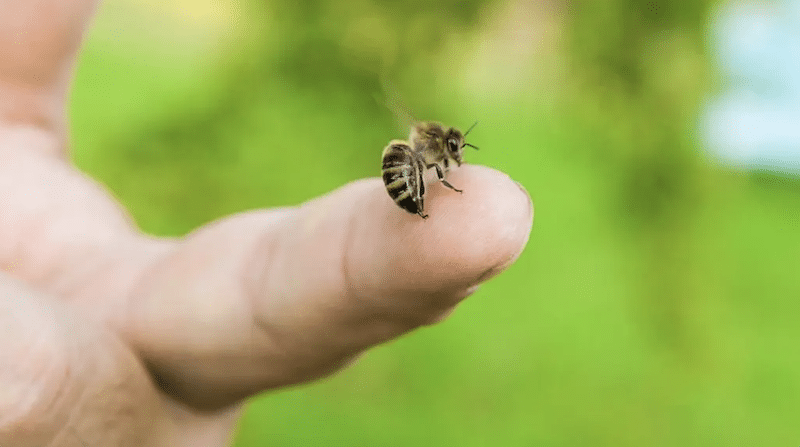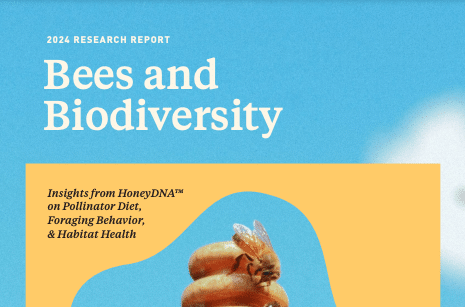Adopted by all United Nations Member States in 2015, the 2030 Agenda for Sustainable Development provides a shared framework for the wellbeing of all people and the planet, currently and into the future. At its core are the 17 Sustainable Development Goals (SDGs) and 169 targets, which are an urgent call for action by all countries in a global partnership to create targets and plans that improve health and education, reduce inequality, environmental protection, and foster economic growth.
The 17 Sustainable Development Goals (SDGs) established by the United Nations are helpful reference points for organizations setting and measuring Environmental, Social, and Governance (ESG) targets. Leaders seeking to create a comprehensive plan for their company’s sustainability and societal impact often refer to the SDGs for guidance.
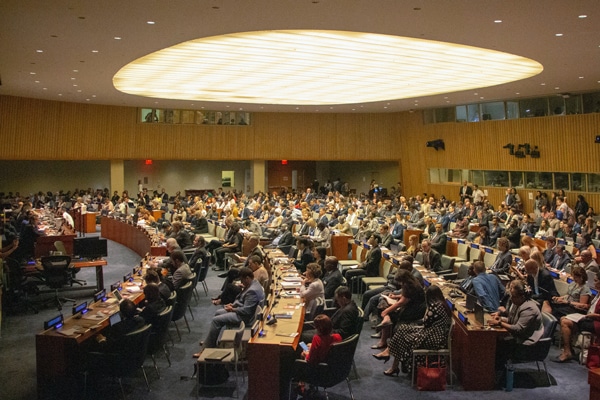
Bees and Your Sustainability Goals
Bees are an innovative and environmentally-friendly way to help make the SDGs a reality. Bees specifically are responsible for the fertilization of many flowering plants, including 75% of food crops. As biologists show from the last 15 years of research and efforts, bees are dying at an unprecedented rate due to disease, pesticides, loss of habitat, and climate change.
As a result, more and more organizations are embracing the idea of bringing honeybee hives to their properties as part of a broader sustainability program. Bees prove to generate a lot of buzz among stakeholders due to their valuable and tangible impacts such as pollination for rooftop gardens. But it’s important to tie such an effort to strategic objectives to ensure it adds empirical value.
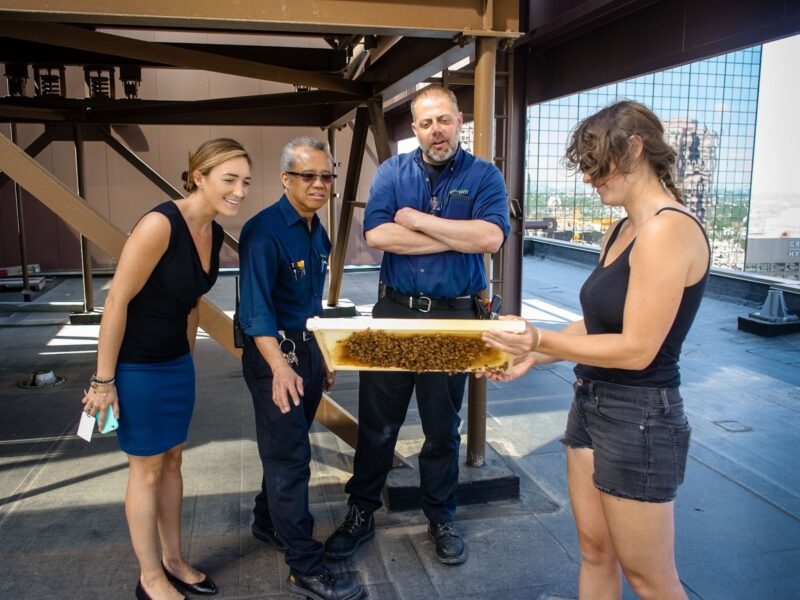
The need for effective and efficient ways to achieve SDGs has opened up a creative explosion of ecological services, and we are here for it. Beekeeping done right enriches the local ecosystem for miles and a network of scientifically managed beehives lets us understand the world of bees through a new lens. Honeybees managed with research in mind are surprisingly efficient cross-target investments with outcomes across multiple SDGs.
We looked into how our work directly supports the SGDs, and here’s what we found:
- #2. Zero hunger
- #3. Good health and well-being
- #6. Clean water and sanitation
- #9. Industry innovation and infrastructure
- #11. Sustainable cities and communities
- #12. Responsible consumption and production
- #13. Climate actions
- #14. Life below water
- #15. Life on land
- #17. Partnership for the goals
How ESG Leaders Can Use the SDGs to (Re)Shape Sustainability Programs
Companies play an essential role in meeting the Sustainable Development Goals (SDGs) by 2030. Your company’s ESG and operational practices are just one piece of making an impact on the future of people and the planet.
According to How 7 companies help tackle the UN Sustainable Development Goals, some of the world’s most renowned companies realize that now is the perfect time to strengthen sustainability efforts; however, you do not need to be a large or Fortune 500 company to get started.
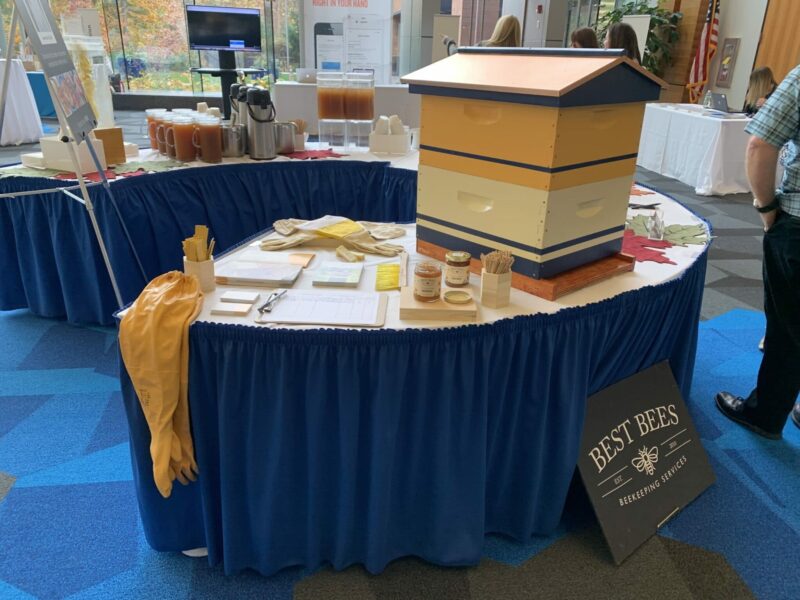
What if you could create a comprehensive, company-wide movement with the potential for a greater holistic approach to strengthen your existing ESG framework to impact all countries and sectors? Your SDG strategy should move beyond your sustainability department to empower employees, increase engagement opportunities, and contribute to achieving global goals.
For more information on devising a bee-friendly ESG plan that aligns with the UN’s SDGs, book an assessment with us today. Together, we can all #Savethebees and the planet.
Want to read more? Download the whitepaper.





